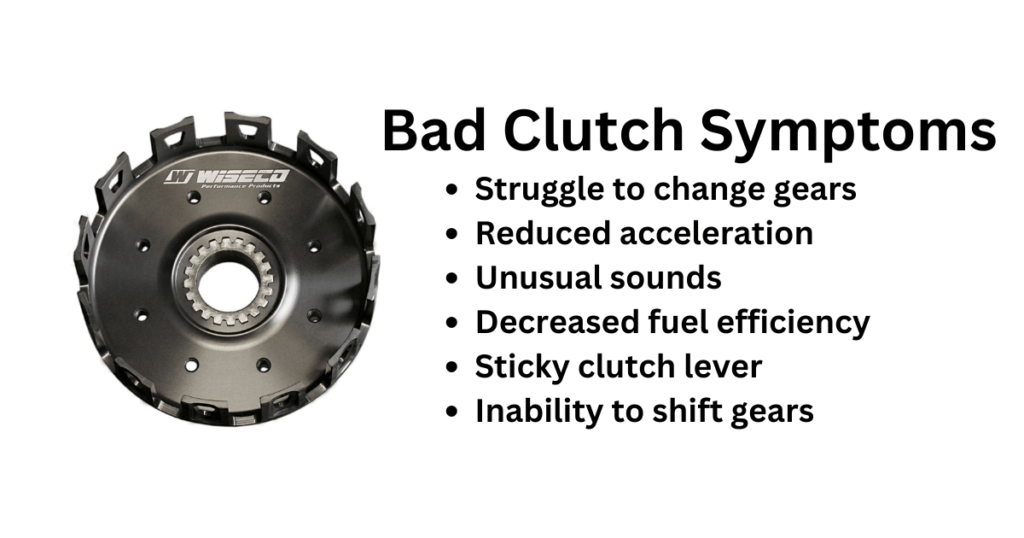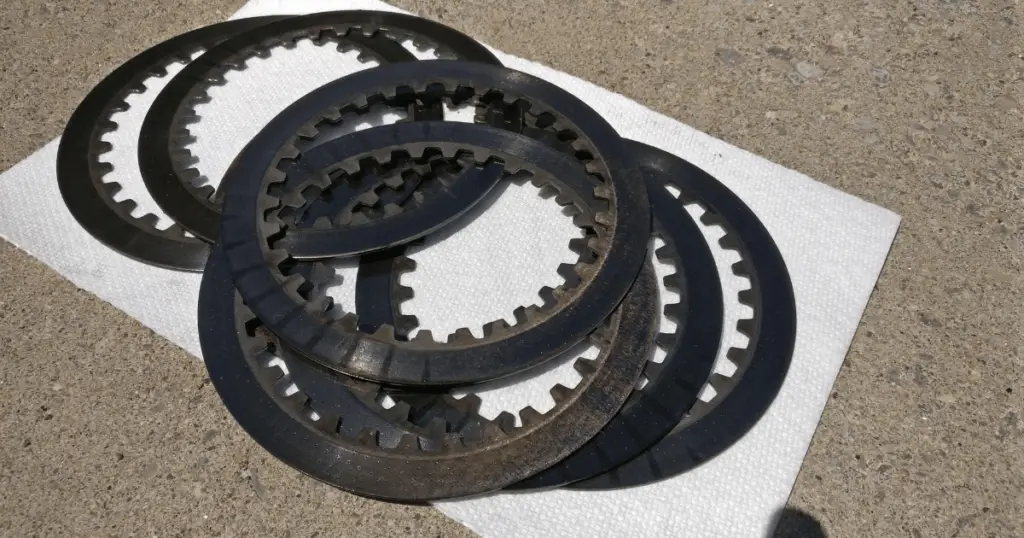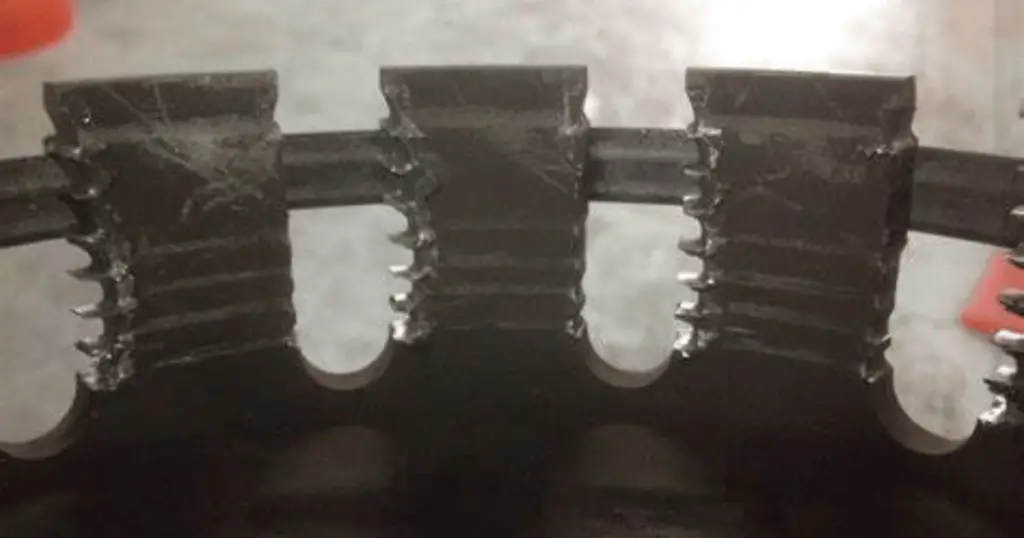There’s a silent, nagging sensation settling in every motorcyclist’s heart that sends an undeniable chill down your spines – the faint, creeping suspicion that your beloved beast might be nursing an undetected wound.
It’s the motorcycle clutch slipping symptoms fading in and out of your rides, subtly sabotaging the synergy between you and your machine. But here’s the good news – your intuition has led you to the right place. In an easily digested, conversational style, we’ll take you on a journey through the most frustrating tell-tale signs of clutch slip, often overlooked amidst the thrill of the open road.
We promise this isn’t a bunch of mechanical jargon but practical advice garnished with relatable anecdotes. So strap in, fellow riders, as we ride down the path of knowledge acquisition, providing you with tools to undertake those DIY diagnostics and repairs.
First, What Are The Main Motorcycle Bad Clutch Symptoms?

- Struggling Gear Change: A key symptom of a worn-out clutch system is the difficulty in switching gears while the motorbike is in motion. This is usually accompanied by unusual sounds, such as a clunking noise.
- Reduced Acceleration: If your motorcycle’s RPM (revolutions per minute) increases without a corresponding increase in speed, it’s a clear indication of a slipping clutch that needs to be replaced.
- Unusual Sounds: Chattering or metallic sounds coming from your motorcycle could indicate Potential clutch problems. Over time, these sounds may progressively become louder.
- Decreased Fuel Efficiency: A sudden drop in your motorcycle’s gas mileage could be a sign of a clutch problem. An engine forced to work harder and burn more fuel due to constant high RPMs needs immediate attention and likely a clutch replacement.
- Sticky Clutch Lever: A sticking clutch lever, whether released or pulled in, is a tell-tale sign that your motorcycle’s clutch system needs checking and possibly a replacement.
- Inability to Shift Gears: If your motorcycle refuses to shift into specific gears, it’s high time to replace the clutch.
Related: Motorcycle Goes Into Gear But Wont Move? Do This
Motorcycle Clutch Slipping When Accelerating
A common symptom of a faulty motorcycle clutch is when the clutch slips while accelerating. This is often characterized by a sudden increase in the engine’s RPM without a corresponding rise in speed, indicating that the clutch isn’t fully engaging with the motorcycle’s drivetrain. This can also be experienced as what some would call a “bogging when accelerating“.
Related: Harley Davidson Sputtering Issues? Read This Immediately
Burnt Smell From The Clutch
In some cases, you may notice an odd burnt smell emanating from your motorcycle. This is often due to the clutch plates overheating due to excessive friction. This issue usually arises when the clutch plates are worn out or not correctly engaging and disengaging.

Clutch Doesn’t Engage All The Way
If you find that the clutch lever isn’t fully engaging or disengaging, it’s another sign of a potential problem. In some instances, the clutch lever may feel sticky or jammed, indicating an issue with the clutch system.
What Can Cause A Bad Motorcycle Clutch?
In my experience, there are three main demoninators when finding yourself with a bad clutch (and they’re all easily controlled with proper riding and maintenance). They are:
- a clutch cable that is too tight
- clutch basket is worn out
- you’ve done too many wheelies or drag the clutch
So let’s break them down a little bit!
Clutch Cable Too Tight
A common cause of clutch problems is a clutch cable that’s too tight. This can lead to hard gear shifts and unusual noises. Regular maintenance and adjustments can help prevent this issue.
Clutch Basket Is Just Worn Out
Over time, the clutch basket can wear out due to regular use, leading to various clutch problems. Regular inspection and timely replacement can help prevent more serious issues down the line.

Too Many Wheelies or Dragging The Clutch
Excessive wheelies or dragging the clutch can cause significant wear and tear on the clutch system. Reducing these practices can help prolong the life of your clutch.
How Long Do Clutch Plates Normally Last?
The lifespan of clutch plates can vary greatly based on how the motorcycle is driven and maintained. However, under normal riding conditions and with regular maintenance, clutch plates can typically last anywhere from 20,000 to 60,000 miles.
How Frequently Should Clutches Be Replaced?
The frequency of clutch replacement depends largely on the riding style and maintenance habits. However, as a rule of thumb, you should consider replacing your clutch if you notice any of the symptoms mentioned above, or if your motorcycle’s performance starts to decline significantly. Regular inspections and maintenance can help you catch potential problems early and prevent more severe issues down the line.
Wrapping Up
To sum it up, being proactive about your motorcycle’s clutch health can save you from unexpected breakdowns and costly repairs. Regular inspections, maintenance, and timely replacements can help ensure a smooth and enjoyable riding experience.